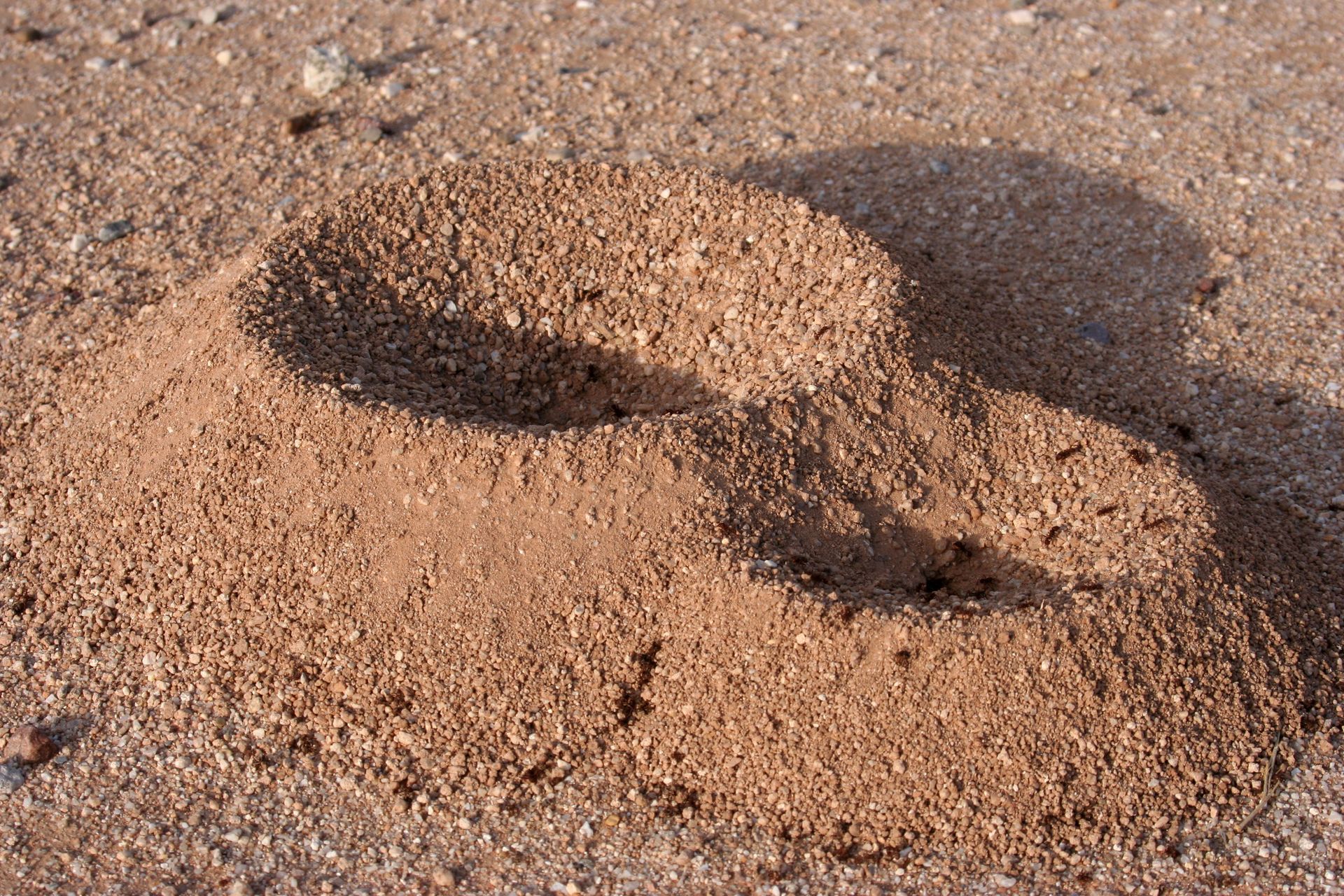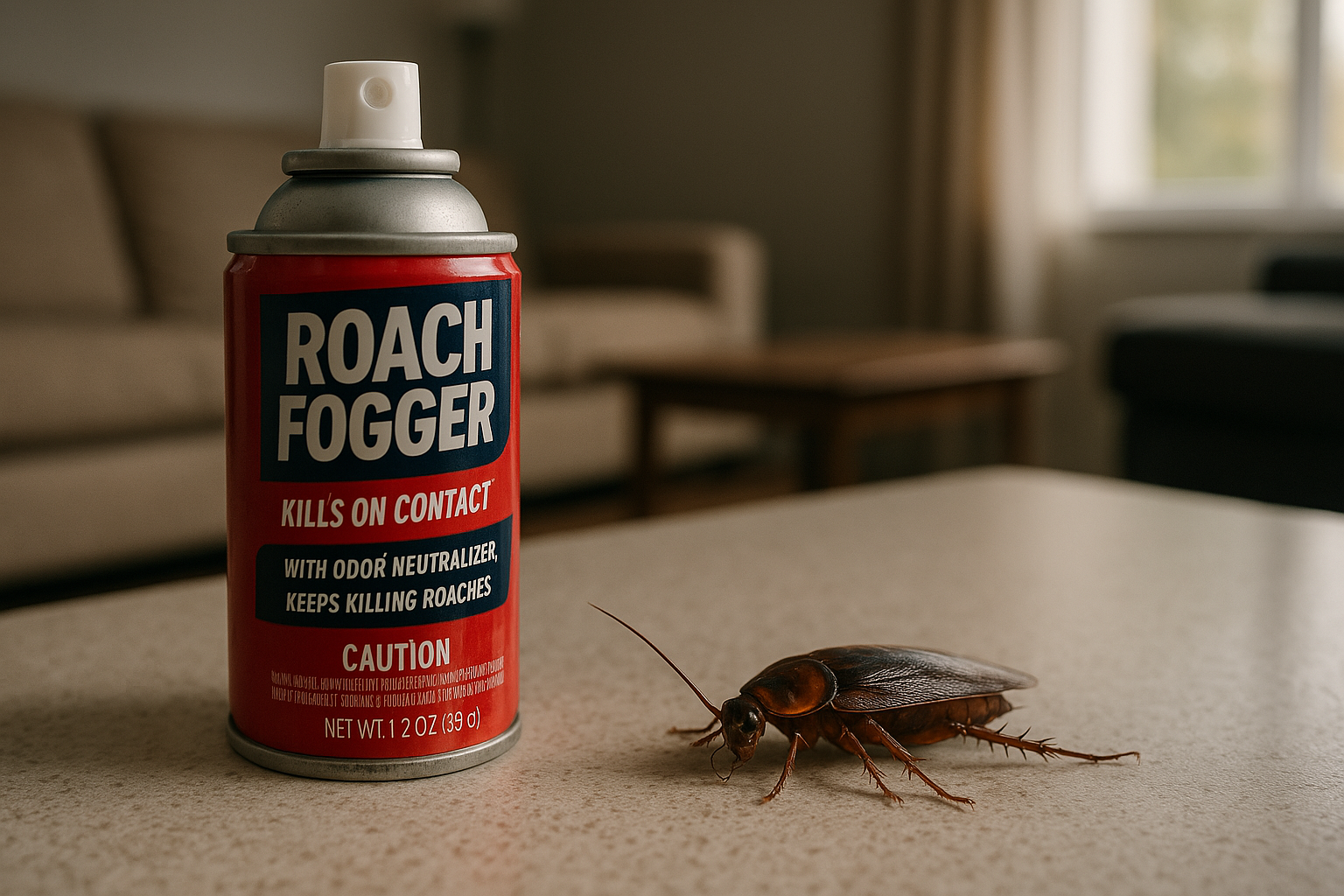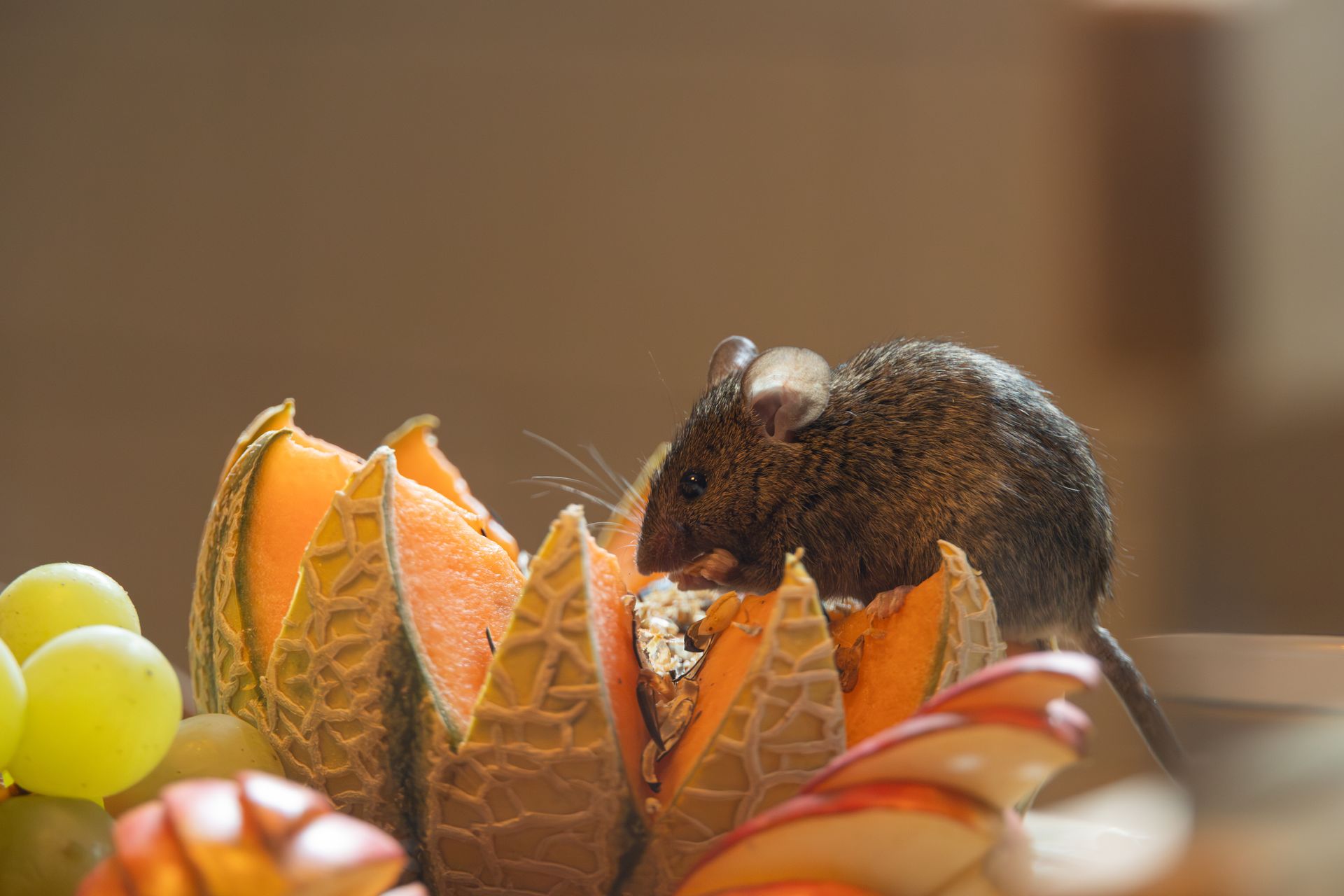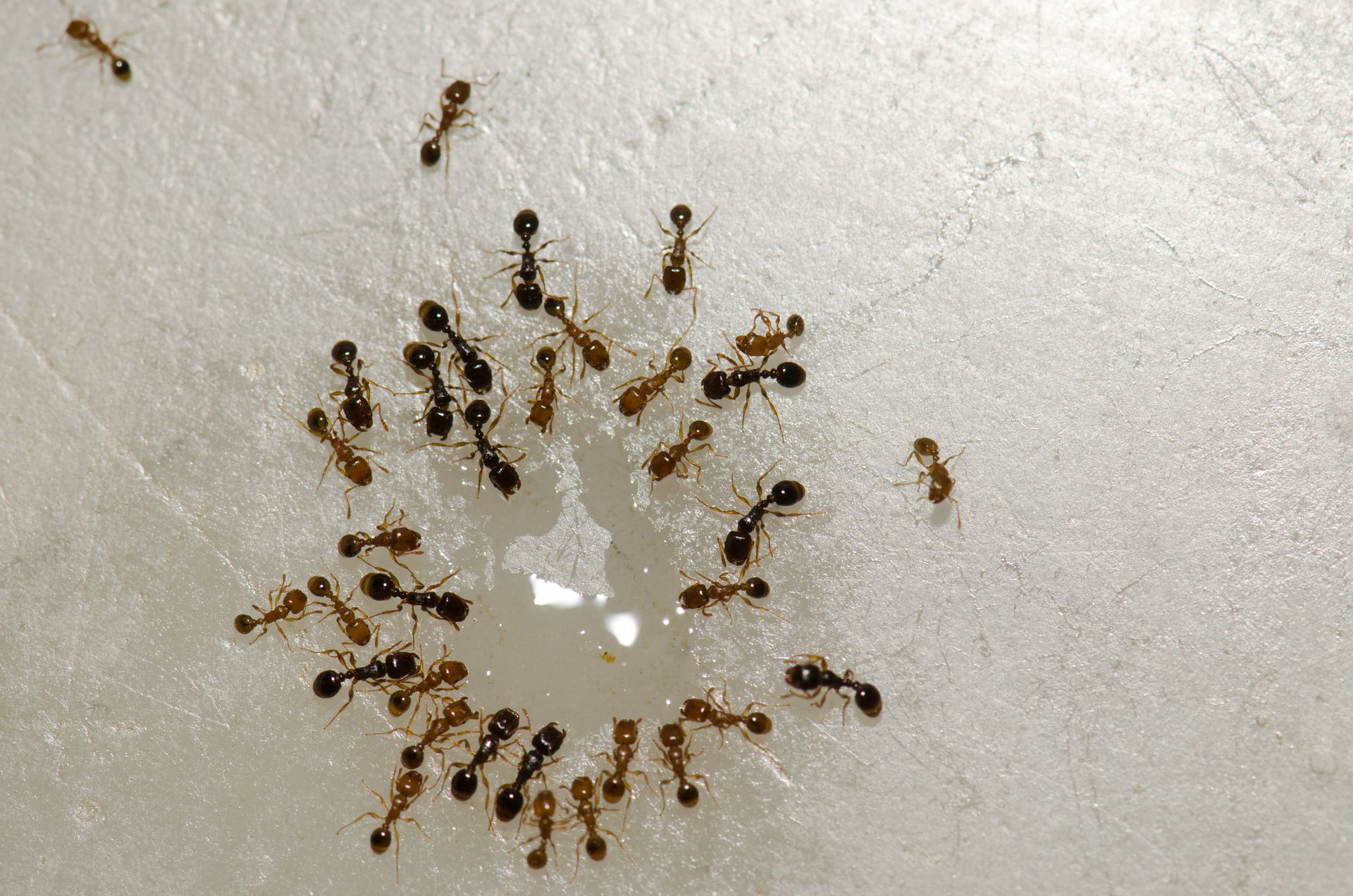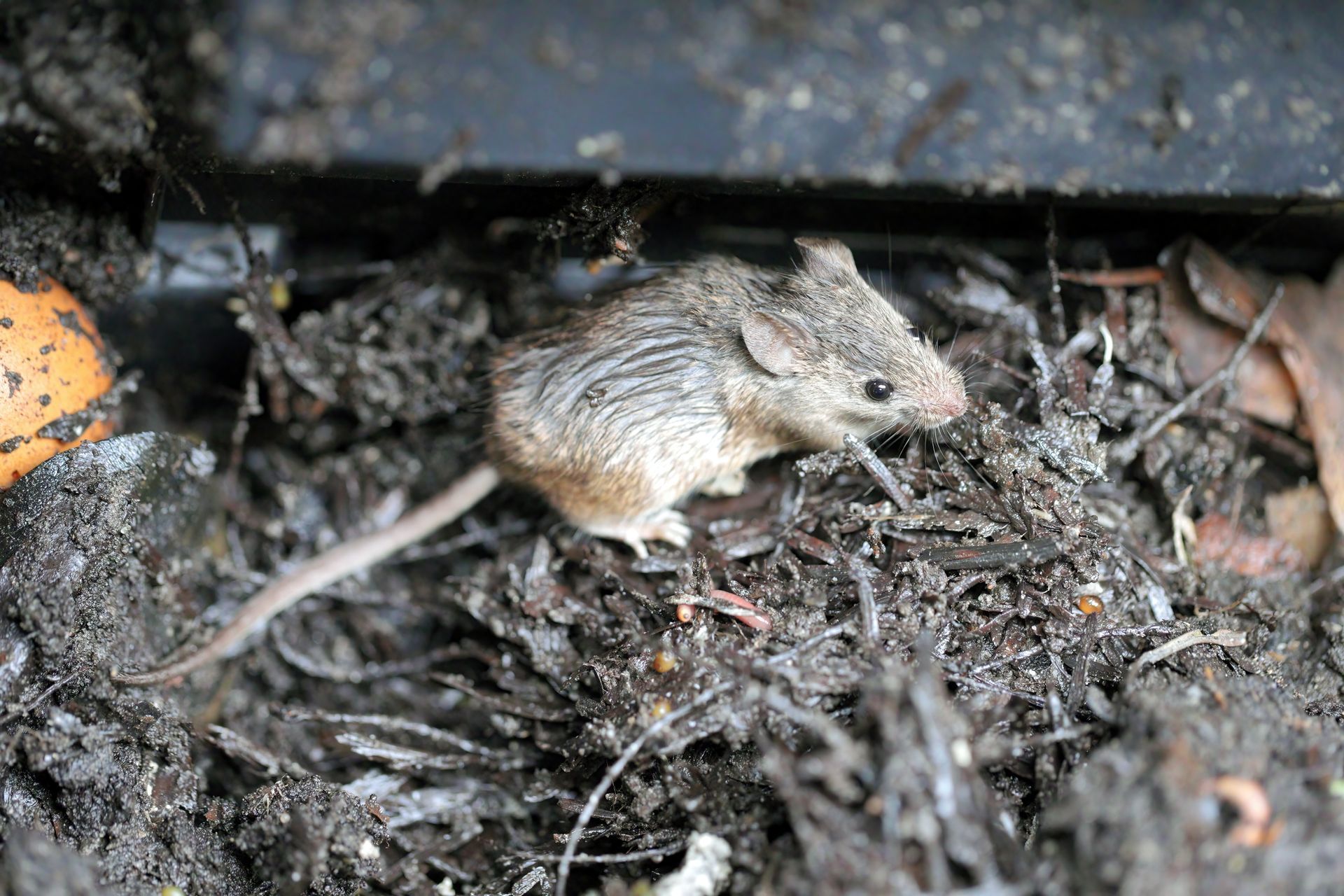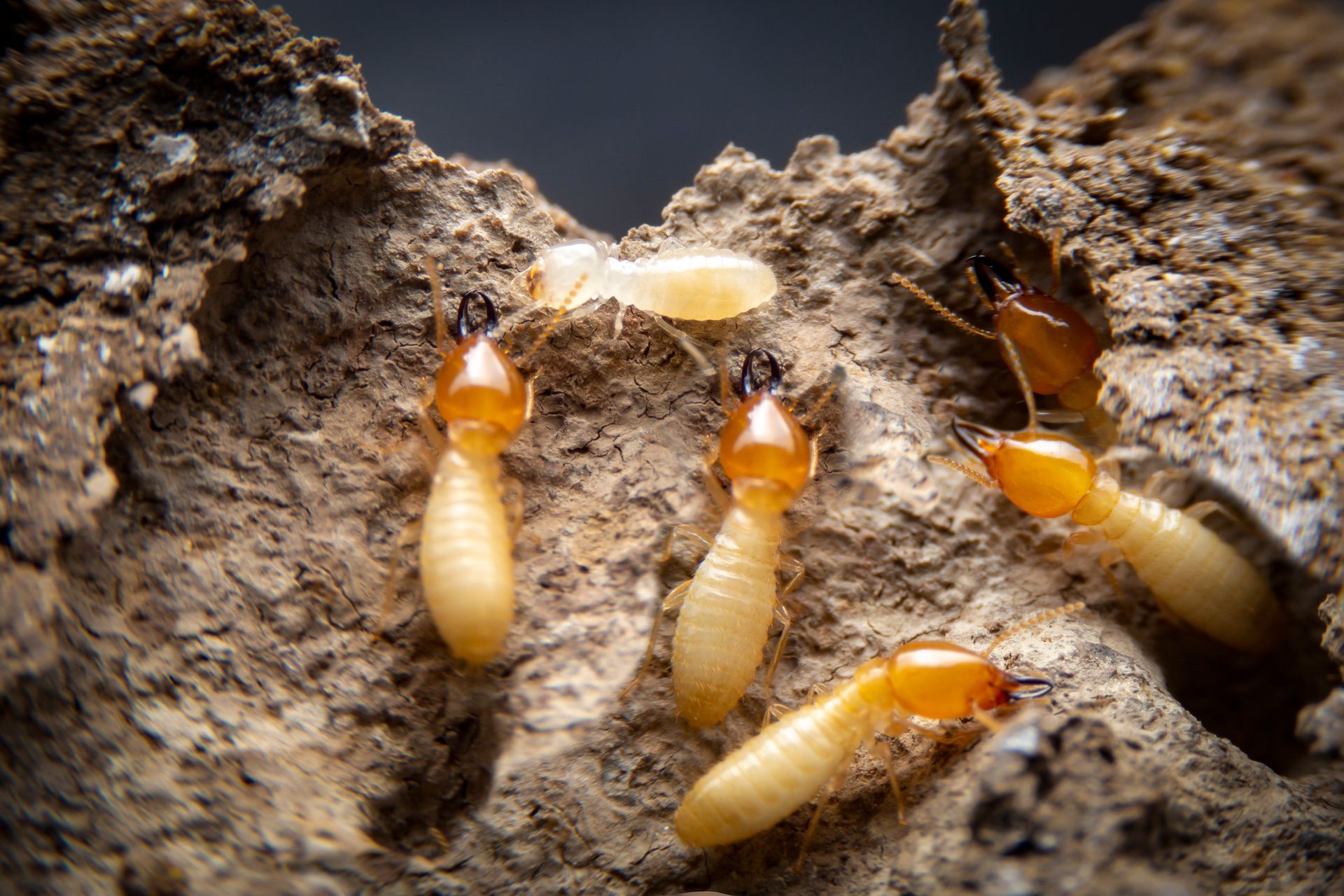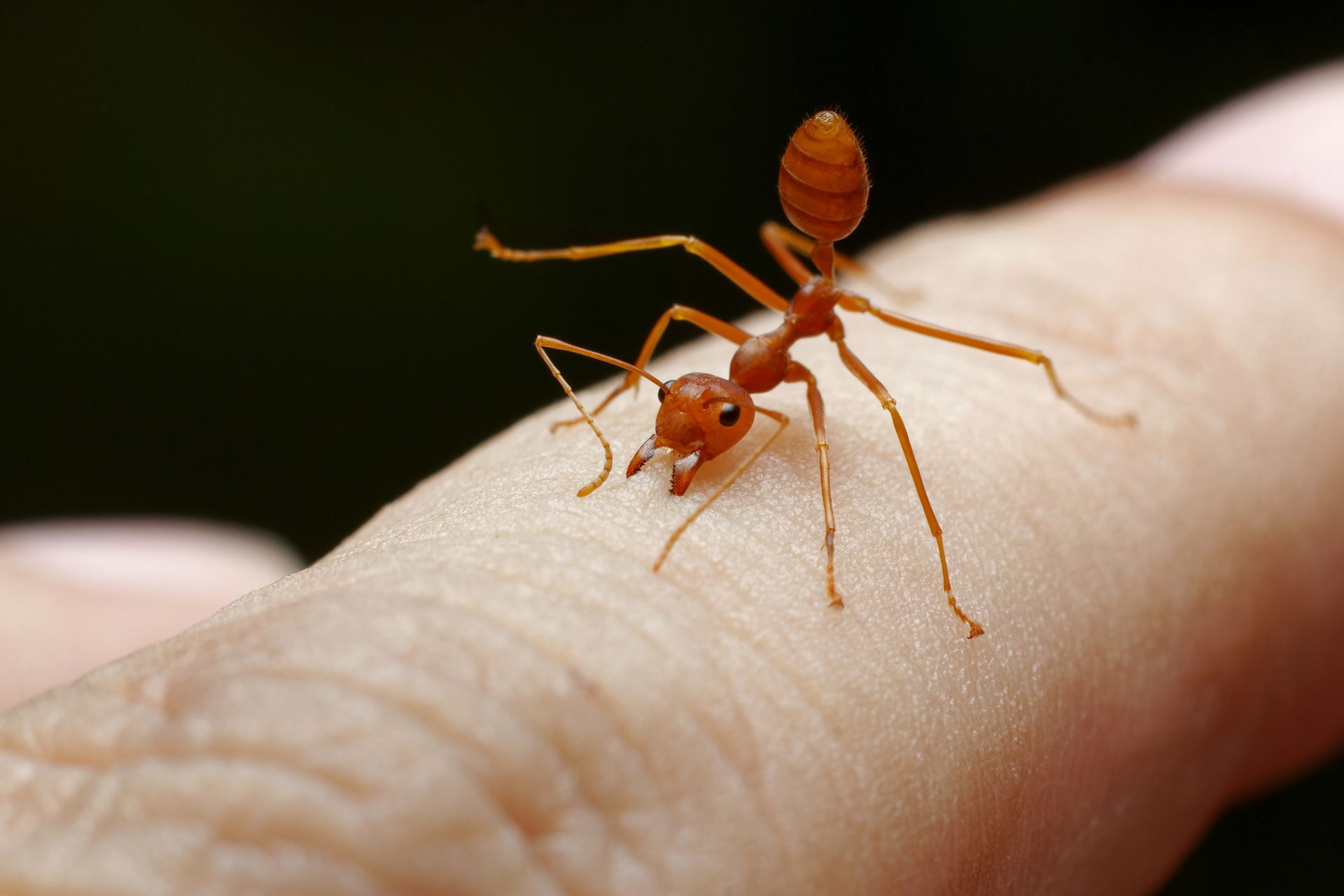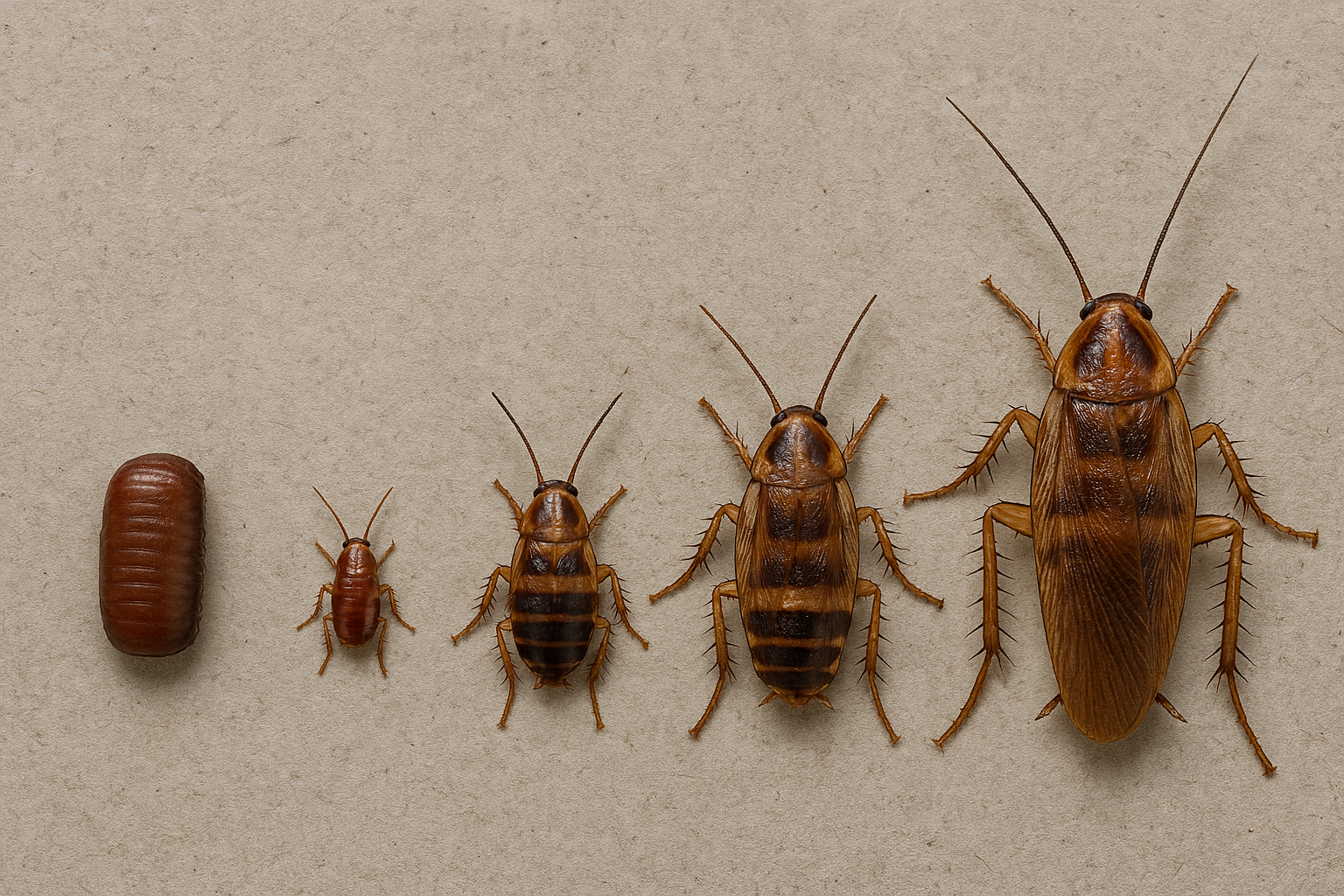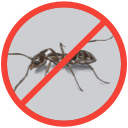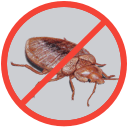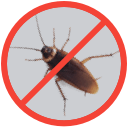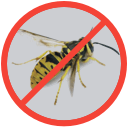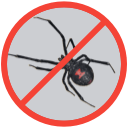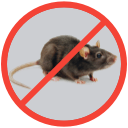What Does a Beetle Eat?
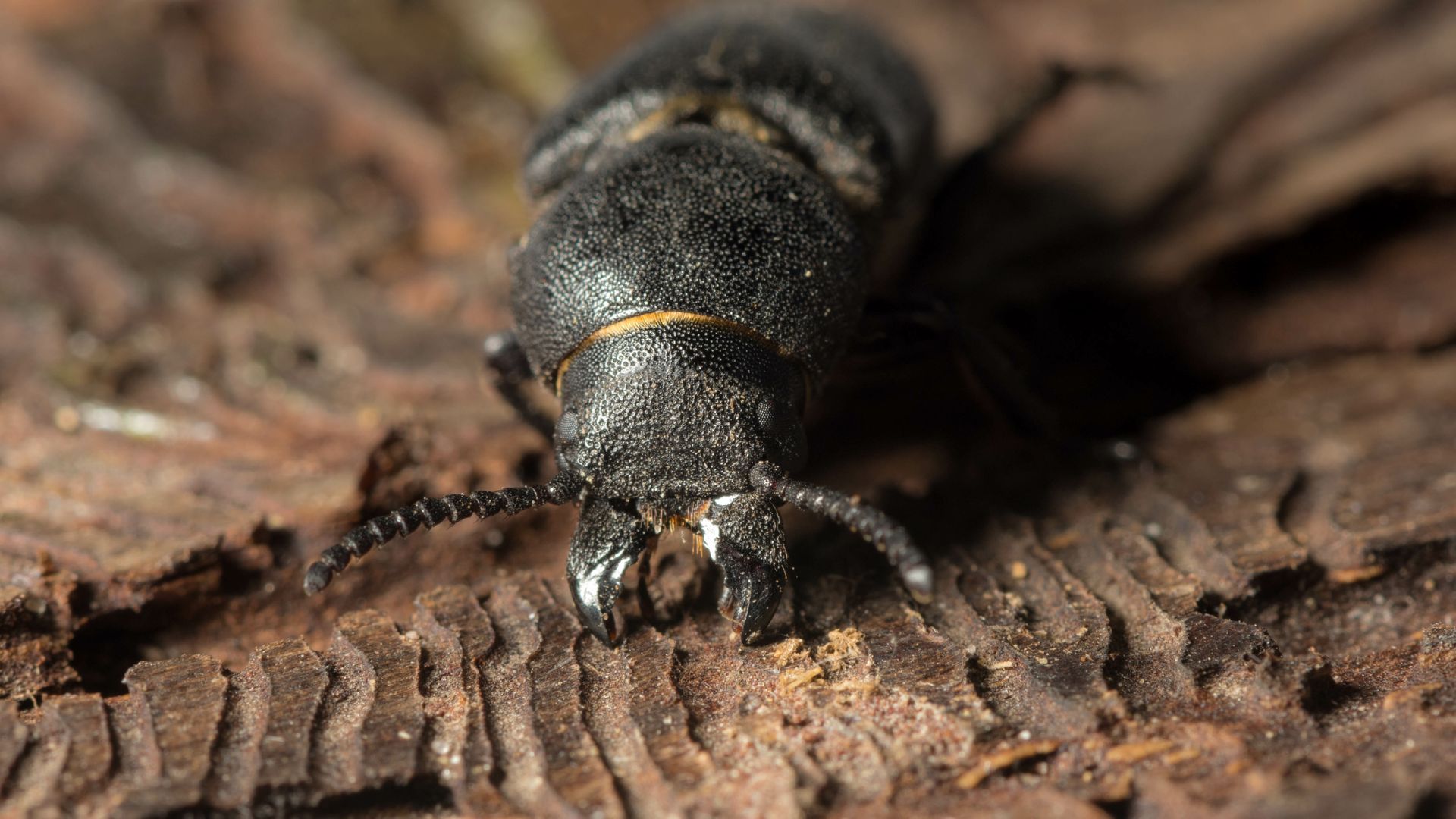
There are over 350,000 known beetle species around the world with each exhibiting a diverse range of dietary preferences. Their expansive evolutionary history spans at least 270 million years and has allowed different species to adapt to various food sources. This makes it challenging to pinpoint a standard diet across beetle species. Some might generalize that beetles consume "just about everything," but it's important to understand that not all beetles have the same dietary habits. Beetle species have a range of preferences that range from plants, carrion, and even dung. Another misconception is that every beetle is an omnivore. Many beetle species have extremely selective dietary limitations.
Beetles’ Diets
Beetles are made up of thousands of species that have just as diverse dietary habits. While many beetle species feed on plant materials such as leaves, seeds, and nectar others are drawn to animal proteins, fungi, and even feces. Species like the Wood Boring, Long Horned, Powderpost, and Carpet beetles can be damaging to households because they consume materials like carpets, wood, and fabrics. Pantry pests like the Flour and Merchant Grain Beetles are notorious for infesting and feeding on stored food items like dried fruits, grains, and baked goods. No matter what their diet consists of beetles sophisticated olfactory senses help in locating food. Their mandibles vary across species and are specialized for their dietary needs. From extended mandibles in predatory beetles to straw-like structures in nectar feeders.
The Diversity of a Beetle Diet is as Varied as the Number of Beetles Species
The vast diversity in beetle species is mirrored in the range of their dietary preferences. Categorizing beetles based on their diet type is beneficial to understanding the variety of what beetles eat. Some are herbivores that eat plants, leaves, and nectar while others are detritivores that feed on carrion, animal fibers, or waste. Each beetle species has evolved specific dietary habits suited to its survival with some adapting to feed on household materials while others might target stored food items or gardens.
Are Beetles Herbivores?
A significant number of beetle species are herbivores and it's important to understand the diversity of plant-based diets that exist within this categorization. Beetles like weevils, cottonwood leaf beetles, elm leaf beetles, and certain long horned beetles consume various plant parts including the roots, stems, leaves, seeds, nectar, and fruits. Beetles can cause significant damage to leaves which results in discoloration and the plant dying. Beetles that live in particularly wet environments or aquatic habitats might feed on algae and other swamp land detritus. Other beetles that are considered wood destroying insects can be detrimental to trees and woody plants as they consume the cellulose that makes up the plant’s structure. Species like rice weevils target crops which make them a concern for farmers.
Are Beetles Predators?
A significant number of beetles also exhibit predatory behaviors. Ground beetles are carnivores that prey on a variety of soft bodied insects like maggots, worms, snails, grubs, and slugs. Different species have different hunting techniques. The tiger beetles use their speed to catch prey and their large mandibles to attack. Another notable predatory beetle is the lady beetle which is beneficial to farmers and gardeners. Its larvae and adult forms eat other pests like caterpillars, aphids, scale insects, and mites.
Do Beetles Eat Animals and Other Insects?
Certain beetle species exhibit remarkable predatory behaviors, some are particularly proficient hunters in aquatic environments. The predaceous diving beetle preys on other water bugs, small amphibians, and even small snakes. These beetles have evolved specialized tactics to counteract larger predators. When amphibians like frogs and toads attempt to prey on them, these beetles can swiftly retaliate using their sharp jaws to incapacitate their attackers. These jaws release chemicals to help to digest such sizable prey. Adult and larval whirligig beetles are carnivorous and feed on aquatic insects and crustaceans while water beetles prey on tadpoles and other small insects.
How Do Beetles Hunt?
Beetles have developed a variety of different hunting strategies that are tailored to their specific environments and prey. Ladybird beetles target pests like aphids and scale insects. The adult beetle lays eggs near potential food sources which ensures that hatching larvae have immediate access to prey. The Scaphinotus angusticollis is a flightless beetle native to North America that specializes in hunting snails. When it locates a snail, the beetle uses its elongated mouthparts to extract it from its shell. The great diving beetle is an aquatic predator that hunts underwater and preys on aquatic insects, tadpoles, and small fish. It captures its prey using its forward jaw much like other aquatic apex predators. These beetles even carry an air supply by storing bubbles under their wings. Tiger beetles are known for their speed and chasing down their prey. They sprint after their prey while using their antennae to navigate and balance. Additionally, their flying ability allows them to catch prey mid-air.
Do Beetles Eat Decaying Matter?
Numerous beetle species are saprophagous which means they thrive on decaying organic matter of plant or animal origin. Hide beetles scavenge dead carrion and bury their eggs in their food to provide a food source for its larvae. Others like the carrion beetle, clown beetle, and scarab beetle have evolved to consume a diet consisting of decaying organic matter from plants to dead animals. These scavenging habits play a crucial role in ecosystems by helping the decomposition process and recycling nutrients back into the soil.
Do Beetles Eat Poop?
Dung beetles primarily feed on animal feces. They belong to the scarab superfamily (Scarabaeoidea) which have evolved to consume dung throughout their life cycle. These beetles have a keen sense of smell which helps them locate fresh feces. Once located, they either inhabit the dung directly or store it in underground chambers. Females often lay their eggs on or within these dung reserves. As the larvae hatch, they utilize their sharp chewing mouthparts to feed on the coarse droppings. This behavior is called coprophagy and provides beetles with essential nutrients that have passed through mammalian digestive systems. Interestingly, dung beetles are selective and only target nitrogen-rich particles in the droppings to aid in protein synthesis.
Do Beetles Eat Fungus?
Several beetle species have evolved to feed on fungi. Mildew beetles for example, primarily consume fungi found in damp and moist environments. Given their dietary preference, mildew beetles are often encountered in areas with high humidity levels like bathrooms and laundry rooms. Such environments support the growth of fungi which is their primary food source and provide suitable conditions for the beetles' growth and development.
Do Beetles Eat Wood?
Certain wood-boring beetle species like powder post beetles and long horned beetles have a taste for feeding on wood. These beetles can cause significant structural damage to buildings by targeting wooden supports, subfloors, decorative pieces, and furniture. They feed on untreated lumber which makes them particularly problematic in both new and old homes. Their behavior is similar to termite behavior, but far less destructive due to the fact that beetles are mostly solitary insects. It is important to note that the presence of these beetles in living trees can also lead to extensive damage.
Do Beetles Also Eat Other Household Materials?
Some beetles are known to target household materials which can cause damage to furniture, bedding, linens, and carpets. The carpet beetle has larvae that feed on organic carpet fibers. However, their appetite isn't limited to carpets because they also consume clothing, linens, bedding, curtains, and upholstery. The prolonged larval stage can last up to three years combined with the female's ability to lay dozens of eggs at a time makes them particularly destructive. Another household pest is the boll weevil. While it primarily targets agricultural settings, its impact is felt in households that rely on cotton-based products. Adult boll weevils consume the buds and flowers of the cotton plant, while the larvae infest the plants. Originating from Mexico and later spreading to the southern United States, this beetle wreaked havoc on the cotton industry throughout the 20th century.
How to Prevent Beetles
Protecting your home from beetles requires proactive measures. Here are some effective strategies to keep these pesky insects at bay.
- Ensure no food items, especially those beetles are attracted to like flour, grains, and nuts, are left uncovered.
- Store susceptible foods in airtight containers to restrict beetle access.
- Promptly clean up any crumbs and wipe down counters, floors, and shelves after meals.
- Regularly sweep floors, especially those with potential food sources.
- Vacuum carpets thoroughly to eliminate pet hair and other fibers that might attract beetles.
- Replace or repair decaying wood elements, such as trimmings or flooring, which can serve as food for certain beetle species.
- Address beetle-infested plants either by cleaning, relocating, or disposing of them.
- Seal any gaps, holes, or cracks around doors and windows to prevent beetles from entering.
- Always inspect plants, carpets, and other materials for beetle presence before introducing them into your home.
Contact EcoGuard Pest Management if You are Dealing with a Beetle Infestation
If you're grappling with a beetle infestation or simply want to ensure your home remains beetle-free, EcoGuard Pest Management is your go-to solution. Our team of experienced beetle exterminators are committed to addressing the immediate problem and providing long-term solutions to prevent future beetle infestations. Don’t let beetles disrupt your peace or damage your home, reach out to EcoGuard Pest Management today and schedule a beetle inspection!


